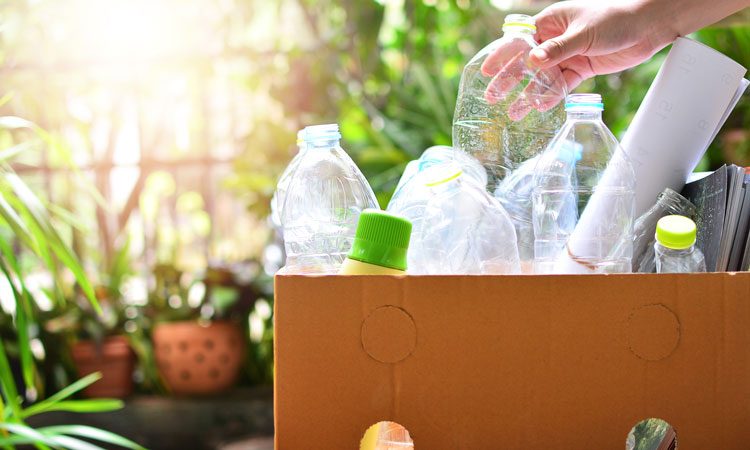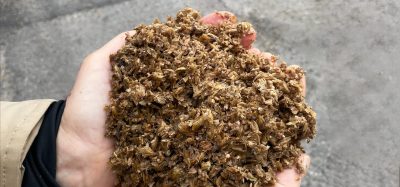UK Plastics Pact guidance on recyclability welcomed
- Like
- Digg
- Del
- Tumblr
- VKontakte
- Buffer
- Love This
- Odnoklassniki
- Meneame
- Blogger
- Amazon
- Yahoo Mail
- Gmail
- AOL
- Newsvine
- HackerNews
- Evernote
- MySpace
- Mail.ru
- Viadeo
- Line
- Comments
- Yummly
- SMS
- Viber
- Telegram
- Subscribe
- Skype
- Facebook Messenger
- Kakao
- LiveJournal
- Yammer
- Edgar
- Fintel
- Mix
- Instapaper
- Copy Link
Posted: 19 July 2019 | New Food Magazine | No comments yet
The launch of UK Plastics Pact means that everyone placing packaging on the UK market has a common basis for design decisions.


"Plastic packaging has a key role in protecting our environment too – well-chosen polymers used in well-designed packaging are vital to reducing food waste..."
The UK Plastics Pact new guidance on the recyclability of rigid plastic packaging has been welcomed as a further vital step driving sustainable packaging and making it easy for consumers to recycle.
The launch of these comprehensive guidelines, setting out which polymers can no longer be considered recyclable and which are the best-in-class polymer choices for different types of rigid plastic packaging, means everyone placing packaging on the UK market has a common basis for design decisions.
This has been specifically praised by On-Pack Recycling Label (OPRL), a not-for-profit scheme which aims to deliver a simple, consistent and UK-wide recycling message on retailer and brand packaging to help consumers recycle more material correctly, more often.
“The public find plastics confusing and, with widespread concerns over irresponsible disposal and environmental pollution by plastic packaging, are increasingly condemning all plastic packaging as intolerable,” commented Jane Bevis, Chair of OPRL on the release of the Pact’s guidance. “But plastic packaging has a key role in protecting our environment too – well-chosen polymers used in well-designed packaging are vital to reducing food waste and the resulting methane and other greenhouse gas emissions.
This hugely welcome guidance from the Plastics Pact is crucial in promoting a paradigm shift in packaging design, both food and non-food.”
The UK Plastics Pact’s guidance also gives clear advice on the need for OPRL labelling to be selected to enhance recycling capture and quality. These include added tips for the consumer such as ‘Cap On’, ‘Rinse’ and ‘Flatten’ and were introduced in January 2017 in response to Waste & Resources Action Programme’s research into barriers to recycling.
Related topics
Environment, Food Waste, Packaging & Labelling, Regulation & Legislation, Sustainability, The consumer
Related organisations
On-Pack Recycling Label (OPRL), Waste & Resources Action Programme








